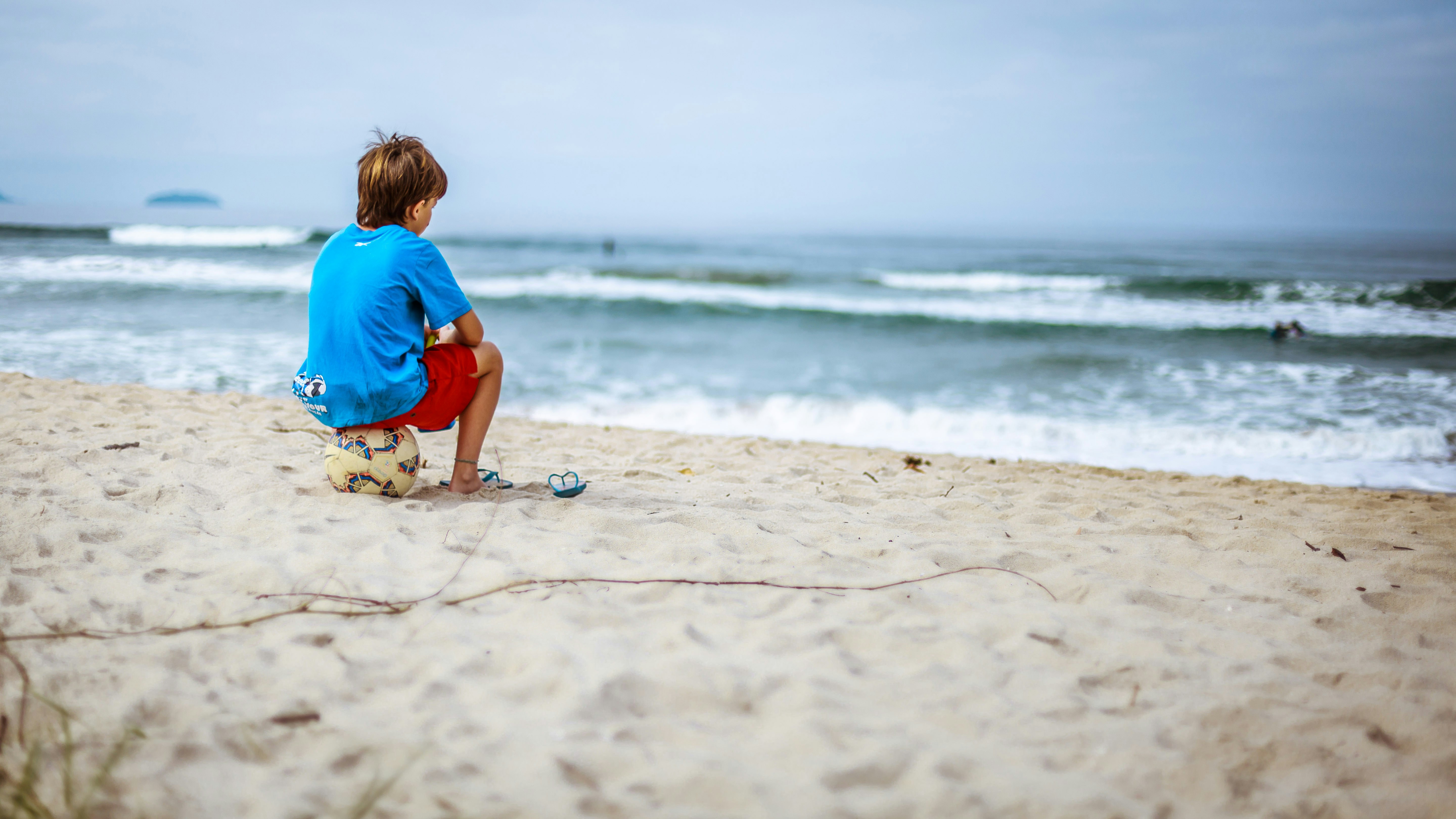My upbringing was more traumatic than average for young people of similar demographics (white, male, upper middle class, heterosexual, cisgender). The outline below lists key circumstances of my formative years. It’s presented not because my story is especially tragic, but because the events shaped me into the sort of person who needed Mindful Biology to feel at home in Life.
Difficulties:
- My mother became depressed around the time of my birth.
- When I was 3, she was sexually assaulted, which deepened her depression.
- My parents divorced when I was 4.
- From then until her death, my mother was frequently hospitalized for depression and received numerous electroconvulsive treatments (ECT).
- In a cold winter after the divorce, I contracted pneumonia and spent weeks in a hospital, alone under an oxygen tent.
- When I was 5, my mother moved us to the city where her parents lived, beginning annual relocations that continued until I left home at age 16.
- My mother died of suicide when I was 6.
- My father relocated me and my sister to live with him and the woman he’d married not long after the divorce. Our stepmother disliked children, lacked empathy, and did not want us in her house.
- She abused us with cold calculation. In my case, this included strangulation (contributing to later spine problems), food deprivation, and other forms of assault, humiliation, and neglect.
- My sister suffered a psychotic break at age 17. Though I was only 11, it fell to me to try to manage her behavior and keep her safe.
- After my sister graduated high school, my father and stepmother hosted group sex parties in our home.
- My stepmother sexualized her abuse of me around the same time.
- I was a shy, anxious kid with ADHD and difficulty recognizing faces (a condition called prosopagnosia). Socializing never came easily to me, so I tended to isolate.
- Because of the difficulties above—and the fact my stepmother banned me from her house on school-day afternoons—I spent much of my boyhood alone.
- Alcohol and other substances were used addictively by everyone in our household, including myself.
- By age 14, I was smoking marijuana daily while drinking and using other drugs several times a week.
- In high school, I acted out. Teachers often sent me to the principal’s office because of misbehavior, and I was arrested multiple times.
Advantages:
- The privileges afforded by my race, gender, and socioeconomic class.
- High quality schools.
- Lots of freedom and autonomy.
- Regular stints in safer and more supportive settings than my family home.
- Exposure to diverse viewpoints, lifestyles, and ethnicities.
- A professor father who modeled good intellectual habits.
- Witnessing the effects of familial substance abuse and poorly treated mental health issues, which later helped me recognize and address my own problems.
- Easy access to natural landscapes—places of solace and spiritual meaning for me.


